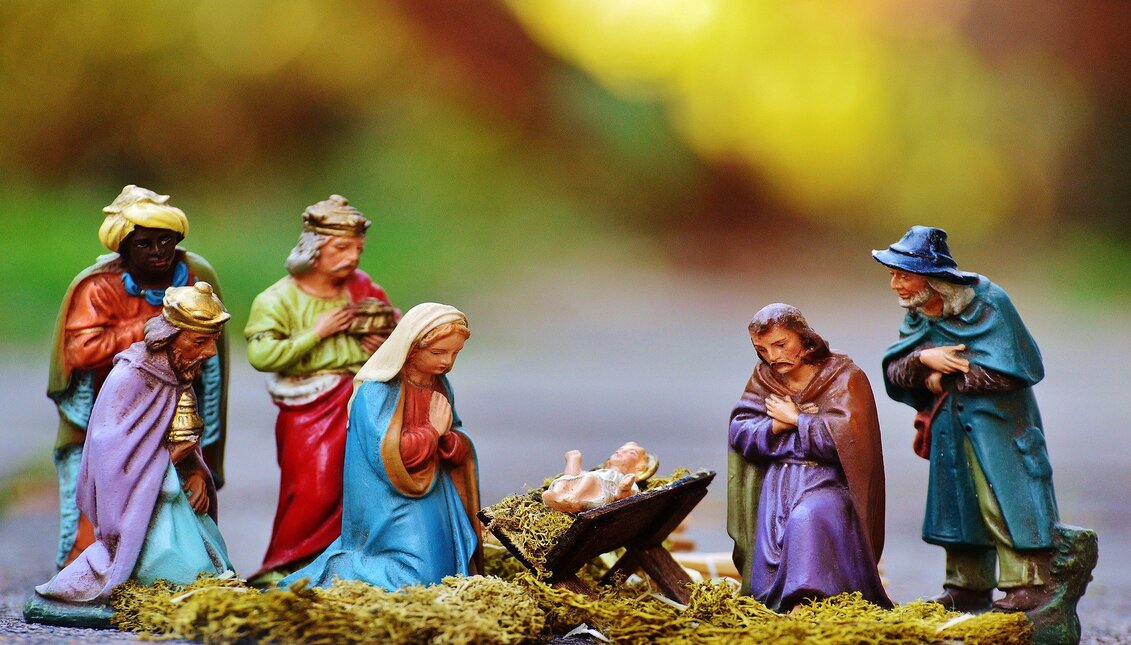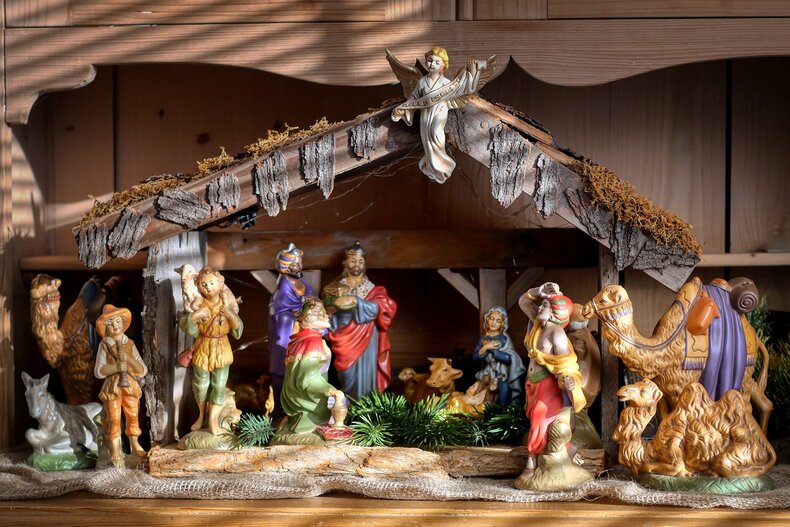
Nine days until Christmas: These are the traditions of LATAM
Around the world, all of December and Christmas are celebrated in special ways by different cultures and religions that believe in the birth of Jesus.
“Most benign God of infinite charity, who so loved men, that you gave them in your son the pledge of your love, so that, made man in the womb of a Virgin, he would be born in a manger for our health and remedy; I, in the name of all mortals, give you infinite thanks for such a sovereign benefit.” This is the first paragraph of one of the prayers repeated for nine consecutive days until the night of Dec. 24 — a custom considered the longest Christmas festivity in the world.
With nine days left until Christmas is celebrated around the world, the celebrations prior to Christmas Eve have already begun in several countries. This includes festive days of prayer in the company of family and friends, singing Christmas carols and eating special holiday dishes.
With deep influences from Christian and Catholic education, countries, especially in Latin America, carry out rituals that pay homage to the birth of Jesus in Bethlehem. These are some of the traditions that Latin cultures celebrate for nine days, between Dec. 16 and Dec. 24:
Celebrated in Colombia, Venezuela and Ecuador, the novena is a tradition practiced by families, who, for nine days gather around a manger to recite a series of prayers specially written for the time, accompanied by some “joys” or special songs to praise Jesus' birth.

RELATED CONTENT
When they finish praying, whether it is in a church, park, shopping center or, generally, at home, it is usually customary to sing Christmas carols and share dishes that are prepared especially for these dates. The dishes include the sweet "natilla" (kind of pudding) and salty "buñuelos" (fried cheese balls).
The history of the tradition dates back to the 18th century, with the Franciscan monk of Ecuadorian origin, Fray Fernando de Jesús Larrea, who wrote the first novena. It is a version closer to what is currently celebrated, which includes songs of joy, written by the nun Bertilda Samper Acosta. It is also important to note that the tradition, despite the influence of Catholicism, is native to Latin America.
Held in Mexico and other Central American countries, posadas are religious festivals dating back to colonial times (also in the 18th century). Through them, families pay tribute to the pilgrimage of Joseph and Mary to Bethlehem.
Its specific origin is rooted in when the Spanish imposed the European practices of celebrations prior to Christmas, supplanting the cult of the god of war that was celebrated by the natives in the same timeframe.
Those were initially known as “Christmas bonuses” and were celebrated only in the atriums of churches and convents. Nowadays it is a family tradition that is celebrated in the houses and the streets, adorned with candles, lights of sparklers and "piñatas."











LEAVE A COMMENT: